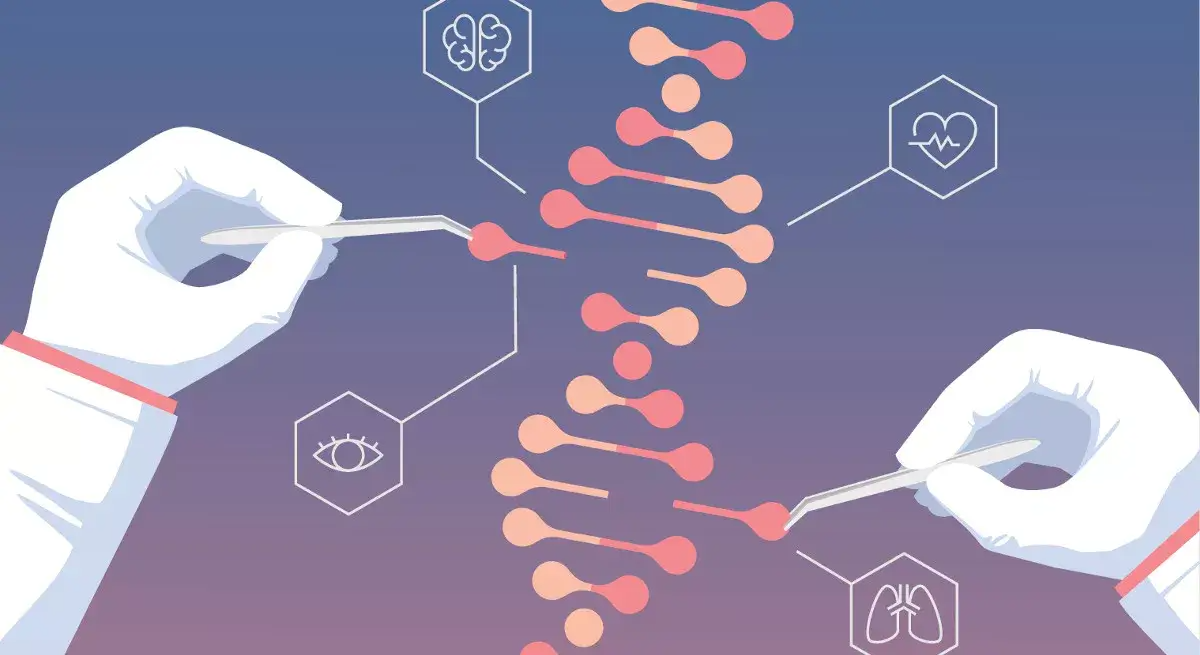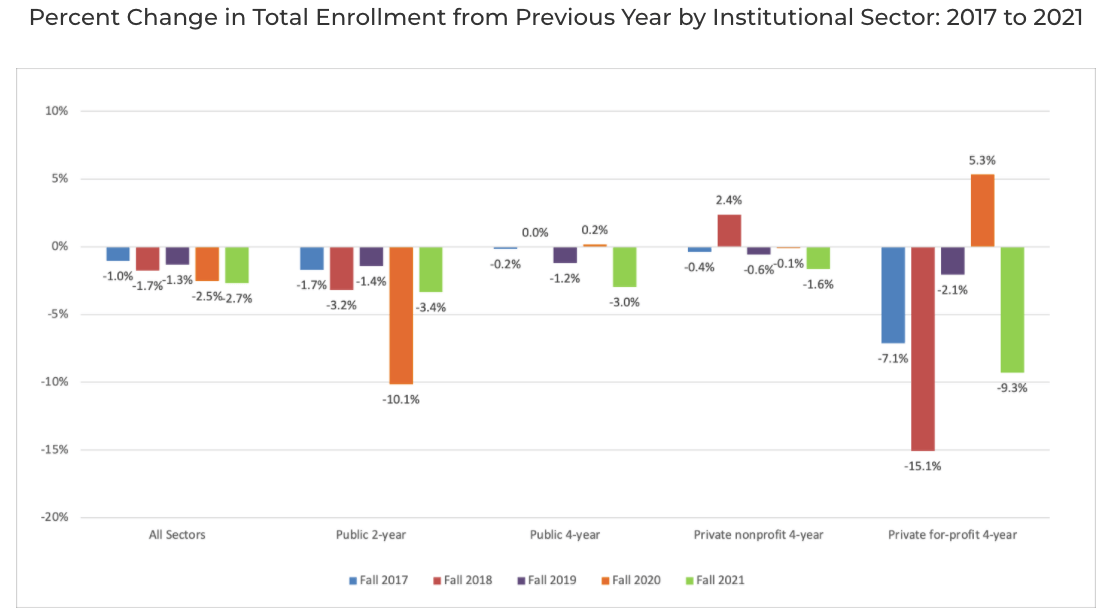On the History of Abortion

Image: Stephanie Kieth/Bloomberg
Tens of thousands of anti-abortion supporters gathered in DC on Friday for the annual “March for Life” rally, which occurred one day before the 49th anniversary of Roe v. Wade – the SCOTUS decision making abortion legal nationwide.
Today we’re taking a look at the history of abortion, how the process – and its public perception – has changed over time, and what the future might hold.
📜 Let’s start at the beginning: The first recorded evidence of induced abortion is from Egypt around 1500 BCE. Many of the methods employed by early cultures were non-invasive, such as strenuous physical exercise, fasting, or the use of certain herbs.
- Some ancient civilizations like Greece and Rome considered abortion to be lawful. Others, including Assyria and Persia, valued fetuses on par with living people and imposed harsh anti-abortion laws.
🇺🇸 Coming to America… During the US colonial period, the legality of abortion depended on which European nation controlled the colony in question. Most states fell under English common law, which prevented abortions after ‘quickening’ (when a mother first feels her baby move).
- From 1776 until the mid-1800s, abortion was viewed as a socially unacceptable practice but still mostly legal. It wasn’t until the 1860s that many states began to outlaw abortion outright, which historians attribute to both moral and practical reasons. By 1900, abortion was considered a felony in nearly every state.
✋ Yes, but: That didn’t stop Americans from still having the procedure. Abortion clinics operated openly during the 1930s despite the ban, leading to an estimated 800,000 abortions per year.
- During that era, many juries reportedly refused to convict abortionists altogether, signaling growing public acceptance of the practice. In 1970, Hawaii became the first state to officially legalize abortion, and a handful of others soon followed.
- In 1973, the Supreme Court’s Roe v. Wade decision invalidated nearly all existing state laws prohibiting abortion and established the first ‘trimester’ (~13 weeks) of pregnancy, during which states aren’t allowed to regulate the procedure.
⚖️ That brings us to the present… Last month, the Supreme Court heard arguments in a case seeking to overturn Roe v. Wade and allow state laws restricting early abortions. A decision is expected by late June.
Share this!
Recent Discussion stories

Discussion
| January 21, 2022On the Morality of Genetic Engineering
Science and innovation continue to force us into facing big, tough questions – so buckle up. Today, we’re taking a look at some ethical concerns associated with recent advances in three main areas of genetic engineering: plants, animals, and humans.

Discussion
| January 19, 2022Is America Changing How It Thinks About College?
Roughly two years into the pandemic, both community colleges and universities alike are wrestling with declining enrollment and the growing popularity of other post-secondary learning opportunities – and potential students are facing perpetually rising tuition and student debt.

Discussion
| January 14, 2022What Will the Next Decade of Work Look Like?
Since the mid-1900s, the vast majority of Americans have worked a typical job – full-time, 40 hours a week, and in-person. Then, everything changed when the Fire Nation attacked… er, a global pandemic hit.
Today, many workplaces look entirely different. The Great Resignation, mass adoption of remote work, and an acceleration of the gig economy has transformed the way we think about work.
You've made it this far...
Let's make our relationship official, no 💍 or elaborate proposal required. Learn and stay entertained, for free.👇
All of our news is 100% free and you can unsubscribe anytime; the quiz takes ~10 seconds to complete